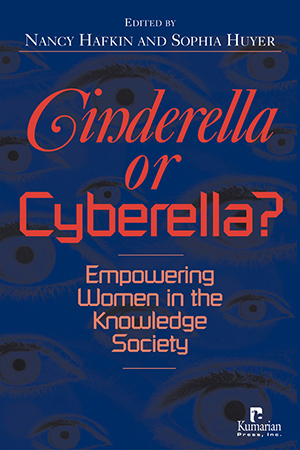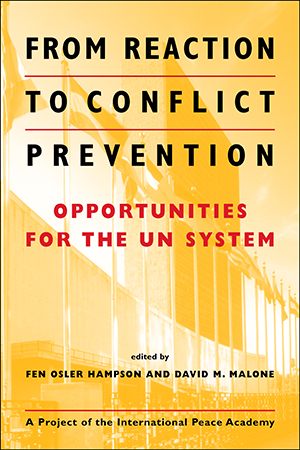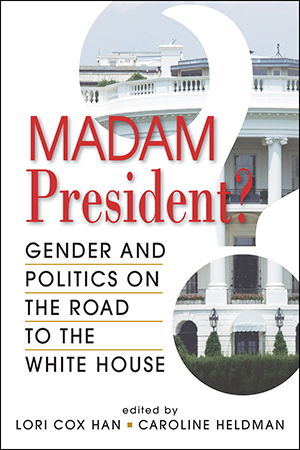BOOKS
Considering the manifestations of gender inequalities in the access, use, and control of information and communication technologies—and how those inequalities can be erased—the More >
In his masterful study of the relationship between refugees and the United States, covering seven decades of immigration history, David Haines shows how both the refugees and their new More >
Coryn Hall presents us with a new and accessible biography of Empress Maire Fedorovna, who was married to Tsar Alexander III of Russia, and mother to Nicholas II . This insightful More >
This multi-layered history of World War I’s doughboys recapitulates the enthusiasm of scores of soldiers as they trained for war, voyaged to France, and finally, faced the harsh More >
This provocative comparative study explores issues of race, racism, and strategies to improve the status of people of African descent in Brazil, South Africa, and the United States. What More >
This collection combines articles by Naipaul himself, reflecting his developing ideas from 1958 through the mid-1970s, with fourteen perceptive essays representing his reception among More >
Issues of racial discrimination, imperialist exploitation, and accuracy of observation have long interested Conrad’s critics. As a European writing about imperialism in exotic lands, More >
Derek Walcott, winner of the 1992 Nobel Prize for literature, has risen from obscure colonial origins to lay claim to a rich cultural heritage. The progeny of Asia, Africa, Europe, and the More >
Though the prevention of conflict is the first promise in the Charter of the United Nations, it is a promise constantly betrayed by international organizations, governments, and local actors More >
Scholars and pundits alike will continue for years to speculate about why both Hillary Clinton and Kamala Harris lost presidential elections to Donald Trump. Their conclusions may differ, More >















